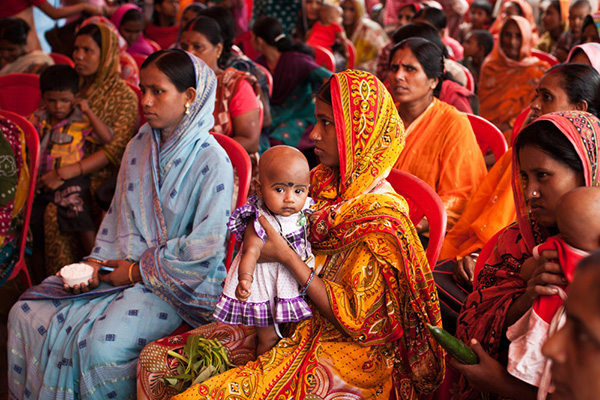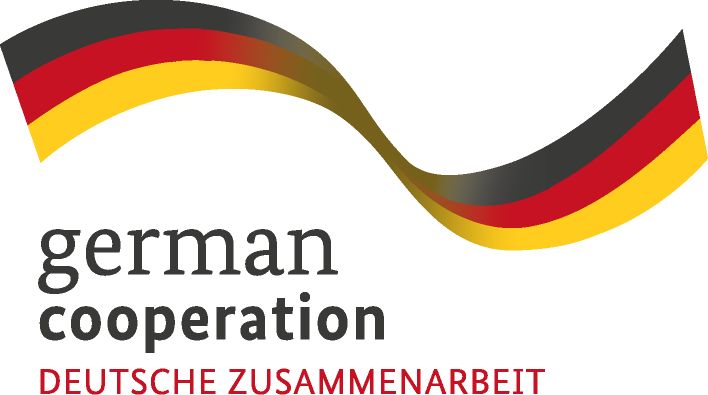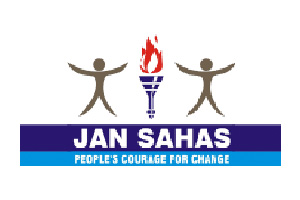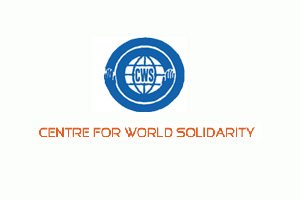Governance and Peace
Fight Hunger First Initiative
Through its Fight Hunger First Initiative, Welthungerhilfe has an innovative project that can significantly help improve key indicators related to food and nutrition security in the most vulnerable parts of the country. 
Nearly one third of India’s children are stunted and almost 48 percent of women are anaemic. This is according to the 2016 Global Nutrition Report, which has ranked India 114 out of a total of 132 countries when it comes to malnutrition.
Through its Fight Hunger First Initiative, Welthungerhilfe has an innovative project that can significantly help improve key indicators related to food and nutrition security in the most vulnerable parts of the country. The approach is based on a premise that in longer term poor people can break out from the cycle of poverty & malnutrition if adequate welfare schemes are in place and basic rights are fulfilled; such as access to proper education, access to food & income, better health services, and state-run welfare programs.
The initiative, first introduced in 2011, has now been implemented in five states of India – West Bengal, Madhya Pradesh, Jharkhand and Orissa and Rajasthan, covering a population of nearly 181,000 people living in 303 villages. The programme is funded by Germany’s Federal Ministry for Economic Cooperation and Development (BMZ).
Being implemented with 6 local partners, the programme focuses on the four dimensions of food and nutrition security (availability, access, utilization and stability. The initiative leads to improved access to key government programmes such as the Integrated Child Development Services (ICDS), National Rural Employment Guarantee Act (NREGA), and the right to education (RTE). Community Score Card (CSC) have been introduced across many intervention villages as a tool for participatory monitoring that are helpful in making service providers accountable and in involving the community to improve access to and quality of government entitlements.
Key Achievements
- Number of work days per family/year has increased from 43 days (average) to 63 days through the national Right to Work programme (MGNREGA)
- Stunting of children under 5 has reduced by 10% (from 54% to 44%) and acute undernourishment from 28% to 13%
- Number of children with regular school attendance increased from 53% to 63%
- 51% of our target families now have diverse diets of <4 food groups
- Over 300 Primary schools have been reached and nearly 78% (254) of them now have improved sanitation and safe drinking water facilities
- 900+ Community Based Organizations (CBOs) have been empowered to access rights and entitlements in the areas of food security, mother and child nutrition and primary education











